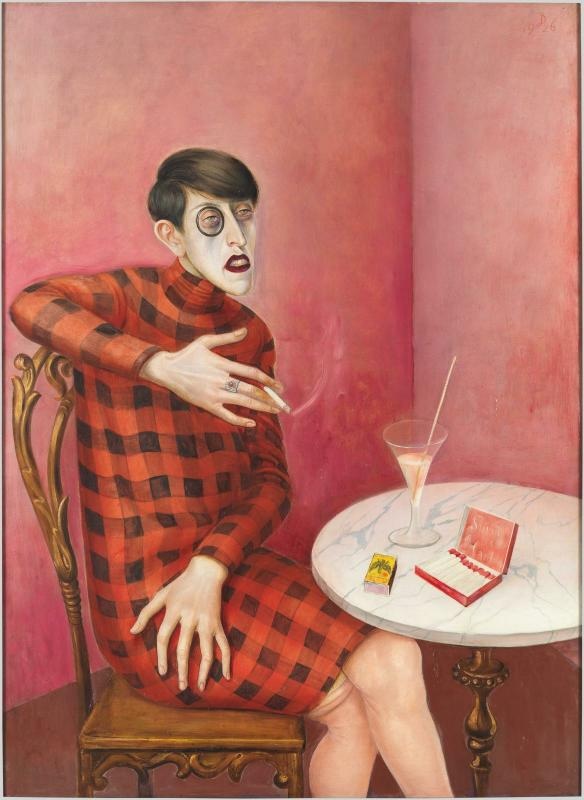In 1960, Evelyn Waugh confessed to a BBC interviewer that he was much more at ease with his fellow Catholics than he was “with heathens or protestants. One has so many basic assumptions in common that there is so much that doesn’t need saying. When you are talking to even the most amusing and intelligent heathen, you suddenly find that something you said has no meaning at all to them.”
Waugh, though, had it much easier than we do. In 1960, almost every media company in the United States abided by the Hays Code or the National Association of Broadcasters Code and catered to the moral predilections of orthodox Catholics and conservative Protestant Christians.
In 1960, every incoming Catholic at Brown University (and every incoming Catholic at every other institution of higher learning) was a Latin Mass Catholic. Today, nearly 40 percent of freshmen entering Brown University claim to be something other than heterosexual.
In 1960, “shacking up” was a euphemism for something that, statistically speaking, essentially didn’t exist. No one was so shameful or immoral as to do that. Today, about seventy percent of couples play at house (“cohabitation” is the current term of art) before marriage; and 40 percent of births are outside of wedlock.
In 1960, if you asked any bride why she wore white at her wedding, she would have told you that white represented her purity, chastity, and virtue. Try asking that of a bride today, and you’ll likely hear that white is “traditional.” She’s probably never heard of the word “chastity,” representing as it does a virtue to which she has never aspired, would not recognize, and in fact would find incomprehensible. Bear in mind, even the northern barbarian tribes of Roman Europe did better on that score.
And today, of course, a “wedding” is usually not what a Catholic would recognize as a wedding, but is merely a formalized shacking up arrangement that might better be described by a different term and marked by a different ceremony. I suggest, as one alternative, The Extending of the Lease, perhaps officiated by the landlord under whose beneficence the couple first started living in sin. The contract signed by such a couple could include a dissolution clause if a child arrives (as children are generally not welcome under such lease arrangements, though cats and dogs are).
When Waugh died in 1966, no one was confused about pronouns or used the word “transgender” or had nightmares about drag queens corrupting children in schools and public libraries. These things were inconceivable. For modern heathens, and that includes an astonishingly large (but still minority) proportion of the population, opposing them is nearly inconceivable.

Today, among the heathens, even simple words, the sort we encountered when we first learned to read – boy, girl, mommy, daddy – bring looks of ignorant fear, perhaps terror, or even accusations that such words may constitute “actual violence.”
It is amazing, when you think about it, that Christmas – and most especially Easter – are not considered actual violence, given that they are Christian impositions on our calendars, one of which marks an historical execution of a Christian figure. But with uncharacteristic forbearance, the heathens simply refer to these events as “Happy Holidays” or “Spring Break” and keep their minds focused resolutely on the true meaning of the seasons: Black Friday sales and Beach holiday bacchanalia.
Heathenism is popular because it idolizes the individual will, which to certain people –weak people, selfish people, people interested in money or power or simply themselves above all else – is quite intoxicating.
I use that word advisedly, because modern heathenism is obviously a form of drunkenness, of mental and moral impairment, that subverts logic, reason, and the recognition of the good, the beautiful, and the true (including the very idea of objective truth).
This is why today’s heathens are such bald-faced liars. It is why they promote a cult of ugliness in looks, speech, and action. It is why they are so furiously intolerant (not for them the biblical injunction to “Come now, and let us reason together” because there is no objective reality towards which we can reason together: it is simply my will – or “my truth” as they say today – versus yours).
And it is why even the most highly educated heathens – and many heathens are highly educated because the education system specifically rewards them and punishes Christian dissenters – can be so shockingly ignorant. Try asking a heathen, for instance, in what century the New Testament was written, or how he explains the Resurrection, or, of course, whether genocide against “colonialist” Israelis should be condemned, and you’ll likely get a lot of sophistical blather.
Among young people certainly – but also with the general consent of their elders – heathenism is the way we live now. It is an ignorant way, an ugly way, a stupid way, and a way with unhappy consequences for this generation and the next. But that doesn’t mean that it will end, and virtue will triumph.
But it does mean that each of us must do his job of upholding – and restoring – what remains of our Christian civilization. As I began with Evelyn Waugh, let me close with my favorite line from his son Auberon, offering a glimpse of light in an ever-darkening world: “There are countless horrible things happening all over the country, and horrible people prospering, but we must never allow them to disturb our equanimity or deflect us from our sacred duty to sabotage and annoy them whenever possible.”
Amen.















